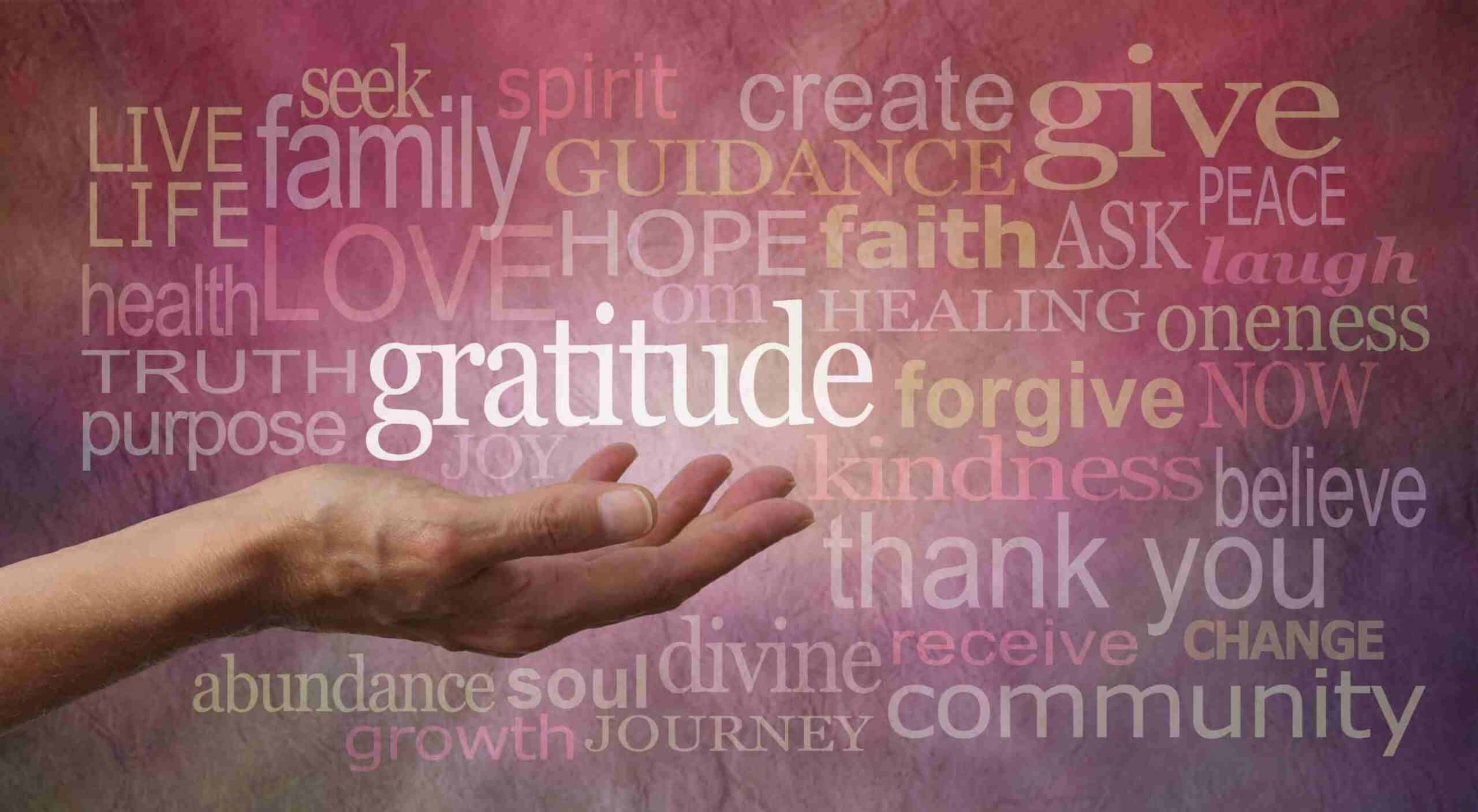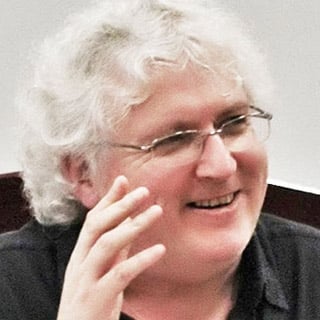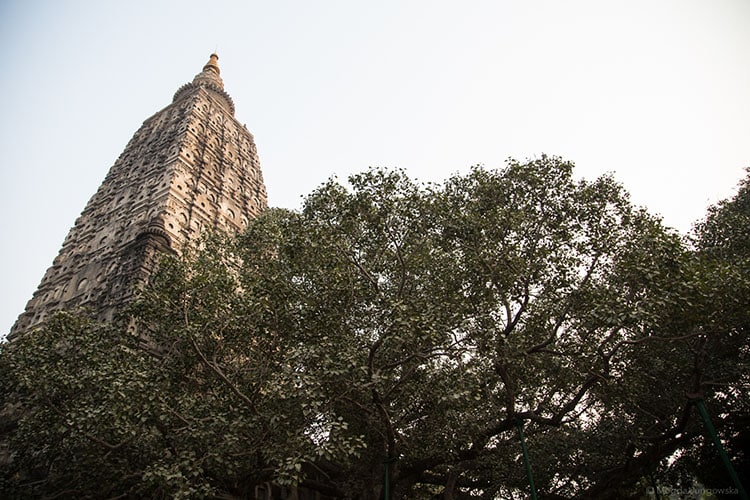Meditation on the Power of Gratitude
Category: Love & Compassion Meditation | Mind Trainer Articles | Popular | Types of Meditation

We all know that it’s important to appreciate the good things in our lives and to be thankful for the acts of kindness that come our way. Gratitude is part of being a good person; combined with kindness to others, it makes the world a more decent and livable place. But its power is often underestimated – it’s not just a “nice” emotion. In fact, gratitude influences how we view the world and our place in it. We can develop gratitude through meditation.
Gratitude Connects Us to One Another
The opposite of gratitude is thinking “I’m self-sufficient; I don’t really need anybody else. The world was made for me!” It’s the idea that we’ve gotten where we are by our own actions and merit alone. But this cannot possibly be true. Indeed, it’s a complete denial of reality that diminishes and harms us and actually steals away our joy and happiness.
Actually, none of us are “self-made.” Everything in our life, including our very existence, involves the efforts of others. A sense of gratitude is one way to acknowledge the fact of our interdependence with the world: how we got here and who we are. Gratitude is a kind of wisdom that recognizes reality and leads us to live with truth and with honesty about what’s been given to us.
How do we develop this sense of gratitude? As with most important things, it’s always good to start “local,” that is, personal and small in a way. Before stating “I’m grateful to the whole world,” let’s start with examples in our own lives. Let’s begin by acknowledging the importance of our parents, and particularly our mothers. For most of us, that’s a good place to start.
Our mothers bore us in their wombs for nine months, gave birth to us, fed us, cleaned and raised us. They cared for us when we were completely helpless. Our mothers are living examples of people who put us before themselves, and that puts us forever in their debt. Then, we think about our father and other close relatives. We couldn’t have lived and thrived without the kindness and protection of family members who helped us along the way. This contemplation isn’t burdensome – it makes us joyful and open-hearted. We can rejoice because we have opportunities to help others as we were helped.
Our gratitude shouldn’t stop with our families – we can think about everyone else who came into our lives: the friends and teachers and others who have done so much for us over the years. Those who helped us when we started a new job. We might also consider all the strangers—people we don’t know personally—the garbage collectors, police officers and countless others who help our lives run smoothly each day. When we realize how many people we are indebted to, gratitude opens our hearts wider and wider. In a way, the whole earth is an organic system, and when we contemplate our interdependency with all the sentient beings in it, including animals, our gratitude becomes a meditation on the network of life.
No Difficult People = No Patience—That’s the Equation
But what about bad people, the people who have hurt or wronged us? At first, we may want to exclude them from our practice of gratitude. But if we look closely, we realize we have received a lot from them as well. In fact, difficult people and situations give us the opportunity to develop strength and resilience. If we really pay attention to what we get from difficult people, we begin to recognize the gift of practicing patience—a beautiful virtue upon which so much depends in our lives.
No difficult people, no patience: that’s the equation. If the world were always soft and nurturing, like good mothers, we’d never develop the muscle of patience. Obnoxious people, difficult people, even our enemies, are our helpers too because they teach us to go deeper within ourselves and find our capacity for patience. If we are interested in personal growth and in developing our potential as human beings, we will view tough cases as objects of gratitude. We’ve got a debt to the entire world and all the beings in it, and our only response should be one of heartfelt gratitude.
We didn’t singlehandedly create who we are at this moment. Our abilities, skills and knowledge all result from the kindness and actions of others, whether intentional or not. When we start to realize this interdependence, we resolve to share with others the goodness that we have received from all those who have touched our lives in direct or remote ways. To truly be good people, we must return their kindness, by practicing generosity or other virtues. In showing us how to be good human beings, meditation on gratitude profoundly and positively impacts our life experience. It gives us joy and happiness, and teaches us to be for others what others have been for us.






